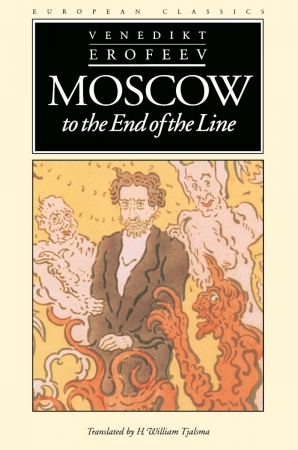 If you’ve never heard of Venedikt Yerofeyev’s Moscow-Petushki, don’t worry—you’re in tragically abundant company. Sometimes mangled lovingly into English as Moscow to the End of the Line, Moscow Stations, or Moscow Circles, this prose-poem was the most popular work of Soviet samizdat—the self-published underground literature passed hand-to-hand, defying state censors. Yet, inexplicably, it remains hidden from English readers, waiting patiently like Venya himself, eternally stranded between stations.
If you’ve never heard of Venedikt Yerofeyev’s Moscow-Petushki, don’t worry—you’re in tragically abundant company. Sometimes mangled lovingly into English as Moscow to the End of the Line, Moscow Stations, or Moscow Circles, this prose-poem was the most popular work of Soviet samizdat—the self-published underground literature passed hand-to-hand, defying state censors. Yet, inexplicably, it remains hidden from English readers, waiting patiently like Venya himself, eternally stranded between stations.
The premise is deceptively simple: Venya, our drunken philosopher-hero, boards a suburban train from Moscow’s grim Kursky Station, aiming for the provincial paradise of Petushki. What follows is not so much a commute as a surreal odyssey—a Soviet parallel to Homer’s epic, albeit with angels, demons, and monsters reimagined as bureaucrats, ticket inspectors, and fellow travelers who won’t stop philosophizing. Venya himself notes the absurdity, confessing, “Some have guardian angels; I have guardian demons.”
Yerofeyev’s language swings wildly between poetic musings, sharp satire, and bawdy humor. His protagonist, Venya, endlessly introspective yet hopelessly intoxicated, evokes Odysseus—if Odysseus were cursed to endless introspection rather than heroic deeds. Instead of mythical foes, Venya’s adversaries are mundane: sobriety, boredom, the Soviet regime’s numbing banality. “Everybody says: ‘Kremlin, Kremlin.’ I’ve heard a lot about it but never seen it myself,” Venya laments, encapsulating the paradox of Soviet existence.
Perhaps nowhere is Yerofeyev’s absurd genius clearer than in Venya’s notorious cocktails, recipes invented mid-journey. Take the “Tear of a Komsomol Girl”: one hundred grams of lavender toilet water, another hundred grams of verbena, two hundred grams of mouthwash, and, for elegance, a dash of nail polish. “Mix, shake, drink immediately,” Venya instructs with grim seriousness, adding that after this concoction, “Your soul unfolds and everything becomes clear, frighteningly clear.” This grotesque humor—dark, hilarious, and deeply tragic—captures Soviet absurdity perfectly.
But translation has proven notoriously difficult, leaving Moscow-Petushki obscure in the English-speaking world, much like Cervantes’ Don Quixote, whose playful irony poses similar challenges. The rich idiomatic texture of Russian slang, humor, and melancholy often resists easy translation. Still, even a fraction of Yerofeyev’s tragicomic genius offers profound rewards.
Stylistically, Yerofeyev shares kinship with Kafka’s absurdist parables, Gogol’s grotesque figures, and Beckett’s existential wanderers—yet his voice is uniquely Russian, distinctly postmodern. Venya, both clown and sage, encapsulates an existential crisis uniquely born of Soviet stagnation. “In my soul, every day is Thursday,” he sighs, reflecting a life suspended between tedium and despair.
Yet beneath its bitter irony and bleak humor, Moscow-Petushki resonates universally. Venya’s journey—an endless loop from Moscow toward a paradise forever just beyond reach—mirrors humanity’s perpetual quest for meaning. As Yerofeyev writes poignantly, “All of life is a dream, but only a fool drinks it neat.”
Ultimately, Moscow-Petushki is both intensely Russian and unmistakably universal, absurd yet profoundly insightful. Like Venya’s surreal cocktails, Yerofeyev’s masterpiece blends humor, despair, philosophy, and satire into something intoxicatingly unique. If you haven’t yet boarded this strange, literary train, rejoice—your odyssey awaits, bitterly funny, tragically wise, and impossible to forget.
Available At


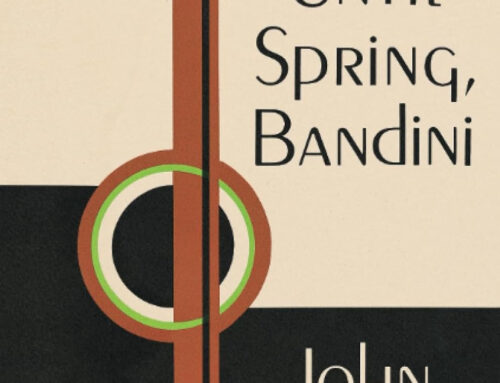
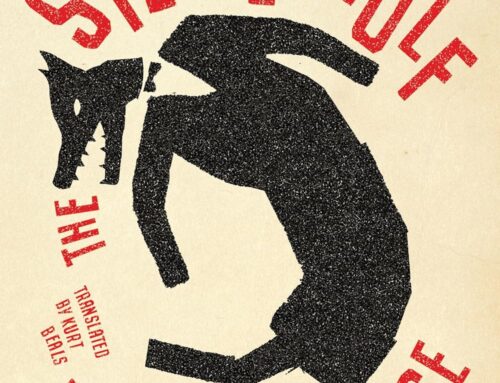
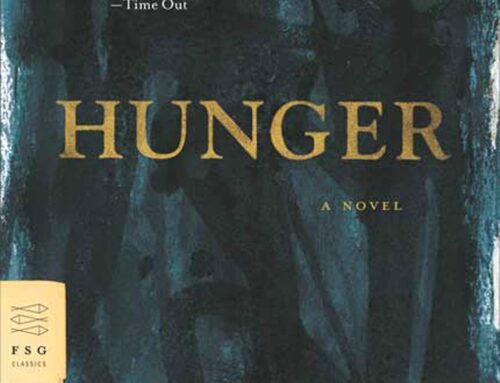
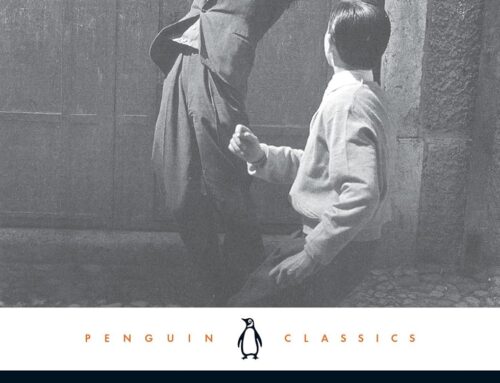

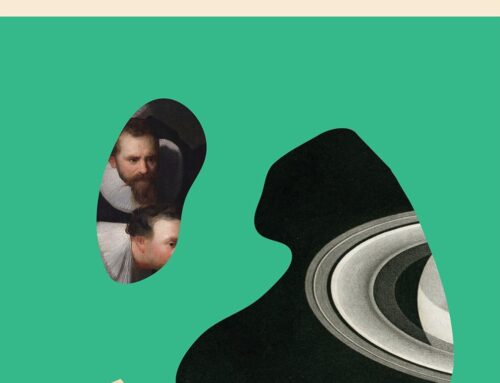
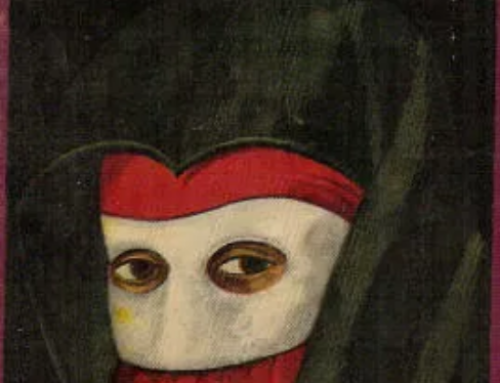




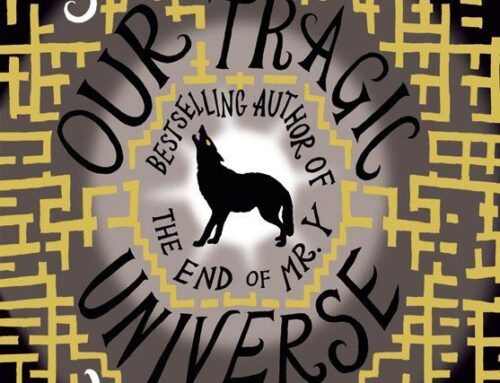



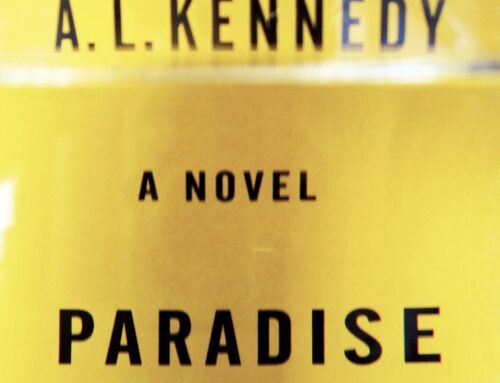
Leave A Comment